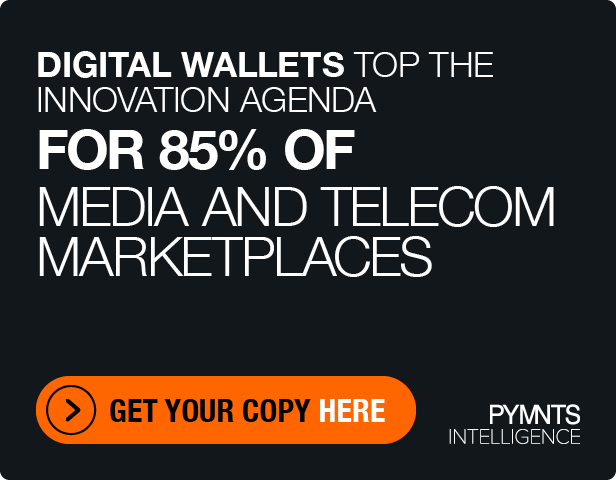IBM And Zelle Announce P2P Payments Partnership

Launched about a year ago, Zelle represents an attempt by the biggest banks in the nation to jump on and ride the P2P payments wave that has been sweeping the country for the last several years.
And an attempt to catch up with PayPal, as its Venmo is currently the leader of the category, with the largest and most dedicated user base.
But Zelle is committed to competing hard — and is reporting “soaring consumer take-up” for its emerging P2P service.
And, as of this week, Zelle has brought IBM and Watson on board to help bring the service to more financial institutions.
According to Zelle’s figures, an average of 65,000 consumers have been signing up for the service per day (or they were in Q3, anyway), leading to 60 million payments worth $17.5 billion. The P2P payments network also claims a little over 50 financial institutions as members — and is hoping to grow that figure with a little help from their new friends at IBM.
Using Big Blue’s Financial Transaction Manager, an even greater number of banks will be able to access Zelle and the capability to send and receive customers’ money in seconds. According to IBM, the partnership will mean that banks will have the first solution to support the full lifecycle of P2P transactions — from the back office to the mobile device — without heavy IT spending or disruption to legacy systems.
“The integration of FTM with Zelle not only accelerates and simplifies payments through real-time processing between banks and consumers, it enables same-day deposits and bill pay, removes fees, and offers seamless cash flow, all while remaining compliant with regulatory requirements,” says Alistair Rennie, IBM’s general manager for Watson Financial Services Products.
“For customers, this means being able to securely send and receive money in minutes, rather than waiting one to two days to ‘cash out,’ which is standard among other providers such as Apple Pay and Venmo. This solution removes the friction typically experienced with other providers who essentially serve as a ‘digital check’ and not real time payments,” Rennie continued.
